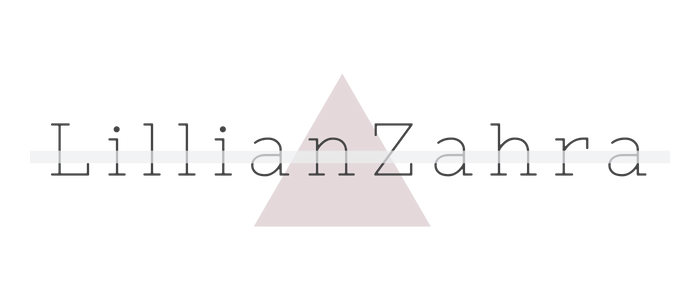How I Stopped Shopping

I still have a wardrobe (ok three wardrobes) filled with items with the tags still on and boxes of unworn designer shoes. A search for my passport or a mislaid document will still uncover a pair of trainers, a dress or a top which I have no recollection of even buying, or which I remember obsessively coveting only to never actually wear.
I shopped when I was happy, when I was sad, when I was bored at my desk on a Tuesday afternoon and ASOS appeared far more interesting than what I was meant to be working on. I shopped for events I hadn’t yet been invited to, showing a mix of ambition and delusion: a cream linen dress to wear to a corporate box at Wimbledon, a vintage-style hat for ladies day at Ascot, a curtain-fabric dress for a 1970s fancy dress party, a sequin cape for the Burning Man festival.
During my studies to become a holistic health coach, I came across the following quote which really spoke to my past love of shopping (and all other excesses too):
“Until we examine what we really want, we may mistake indulgence (in what we think we want) for freedom.”
Geneen Roth, author of Women Food and God.
I may no longer have the latest trends filling my wardrobe, strewn across my bedroom floor or still in a shopping bag from a spree a month ago. Instead I have a reworked relationship with material possessions, feel far less impulsive and have more money to spend on things which really make me happy. If I am invited to an event, my past self has probably already shopped for it.
There’s also a huge sustainability issue here with fast fashion and overconsumption. A lot of the clothes I did buy were from cheaper, high street retailers and many items only lasted a few washes before becoming shapeless or literally unravelling at the seams. In the last year or so I haven’t further fed the profit cycles of these retailers, added to landfill or indirectly supported their use of poorly paid factory workers. It’s so easy to not see fast fashion as part of a huge problem, even if you’re already sorted with your re-usable coffee cup, metallic straw and glass water bottle.
My 10 Tips
1. Unsubscribe from all emails sent by retailers. Not having ASOS, Joanie and Whistles pop into my Inbox makes me far less likely to even click onto their sites. Sales and promotions aren’t really saving you money if you don’t need that item in the first place.
2. Use an add-blocker to stop custom adds showing you items you may have previously clicked on.
3. Find other things to do online rather than shop and browse (online shopping at work was a huge area of procrastination for me). I love reading Refinery 29’s Money Diaries. The judgement in the comments section will probably put you off of frivolous spending even more.
4. Use cash instead of cards. Take a set amount of cash out each week to cover food, transport and other essentials. Leave your debit card at home.
5. Organise the stuff you do have. Have a sort out each season, pack away last season’s items, get your dry cleaning done, fix items that need a new button or have an unravelled hem.
6. Donate anything that you haven’t work for two years, which doesn’t fit right, creases after five minutes of wear or which no longer suits your style. Even if it still has the tag on and you haven’t worn it.
7. Figure our your priorities and make a budget. In an ideal world, 30% of our income should go towards our “wants” (leaving 50% for “needs” and 20% for saving). Taking a serious look at my finances made me realise that my yoga membership is more important than a new handbag every year. Really being on top of my budget has also made me feel less “ashamed” about wearing the same dress to multiple occasions.
8. Find a hobby which isn’t shopping or consumption related. I always felt like “I love shoes!” was a part of my identity but I’ve worked to find other hobbies and outlets which are less financially draining and which allow me to make genuine connections with others. Join a bookclub or take up crafting.
9. Use a bullet journal. I have a page where I write down items I want which I revisit each week to ask myself if I still really want it. Almost all of the time I no longer want the item after I’ve properly contemplated it and can happily cross it off of my list.
10. Figure out your “why”. When I felt trapped in my legal career shopping seemed like escapism and I felt like I “deserved” nice things for doing a job I didn’t particularly enjoy. Stopping frivolous spending was something I knew I had to do to be able to leave that path. As soon as I had my “why” in place it became a lot easier to change my behaviour. It may be saving for a deposit for a house, a dream trip or paying off a debt, anything that means more to you than the fleeting satisfaction of a new purchase.
PIN FOR LATER

